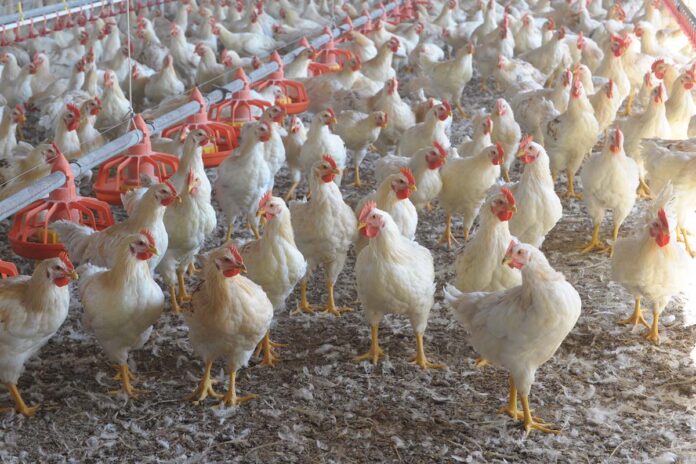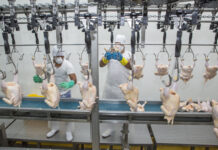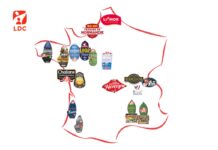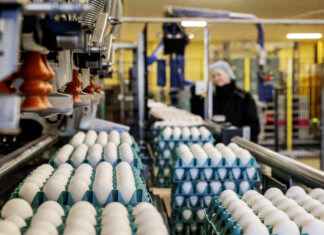
The German Friederich Loeffler Institute has recently published the first results of their study on SARS-CoV-2. Whether SARS-CoV-2 can also infect other animal species is being investigated by various research institutes worldwide. The Friedrich-Loeffler-Institut (FLI) started infection studies in pigs, chickens, fruit bats, and ferrets several weeks ago. First results show that fruit bats and ferrets are susceptible to SARS-CoV-2 infection, whereas pigs and chickens are not. The susceptibility of ferrets in particular is an important finding, as they could be used as model animals for human infection to test vaccines or drugs.
In the infection studies, the animals were inoculated nasally with SARS-CoV-2 to mimic the natural route of infection in humans via the nasopharyngeal route. Egyptian fruit bats, a megabat species, were tested to gain knowledge about the suspected reservoir function of bats. These animals became infected, but did not show any symptoms of disease and did not infect their fellow animals efficiently.
Ferrets are a good model for humans for other respiratory infections, especially those caused by influenza viruses. Since SARS-CoV-2 mainly replicates in the respiratory tract, ferrets could also be a suitable model for this infection. Such an animal model reflecting human infection is currently sought urgently worldwide. FLI experiments show that ferrets can be efficiently infected with SARS-CoV-2, the virus replicates well and can be transmitted to fellow animals. The virus mainly replicates in the respiratory tract, but the animals showed no symptoms of disease. This provides an infection model that could be helpful in the testing of vaccines and drugs against SARS-CoV-2.
Farm animals in particular are in close contact with humans. Therefore, pigs and chickens have been tested for susceptibility to SARS-CoV-2. It was examined whether the animals become infected, the pathogen replicates and the animals show symptoms of disease. It was also tested whether thy excrete the pathogen and thus pose a potential risk to human health.
Under experimental conditions, neither pigs nor chickens were found to be susceptible to infection with SARS-CoV-2. According to the current state of knowledge, they are not affected by the virus and therefore do not pose a potential risk to human health.

















